Cort family creates legacy for University of Maine students
Cort family creates legacy for University of Maine students
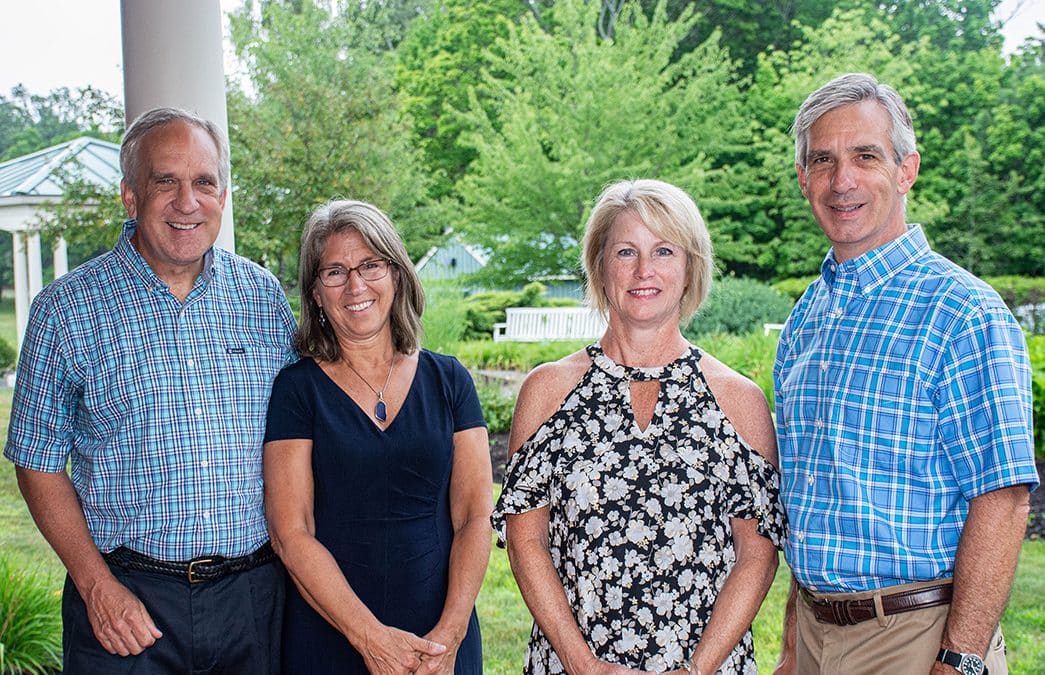
R-L: Rob Cort, Valerie Peer-Cort, Carol Cort, Brad Cort
The Cort family’s contribution to the University of Maine starts with a deep connection to the university itself. While a member of the Class of 1980, Rob became a well-known member of the community, serving as the President of Aroostook Hall and as a resident assistant. When he graduated with a Bachelor of Arts in business, Rob joined Maine Energy, the family fuel and propane business. Rob has held many positions at the company, and is now the president of Maine Energy, Inc. He is the third generation owner of this family-run business.
In 1991, Valerie Peer-Cort graduated from the University of Maine. She went on to earn a Master of Arts degree in communication disorders in 1995, also from UMaine. Since then, Valerie has been serving the youth of the state of Maine as a Speech Language Pathologist in public schools, mostly located in the Downeast region of the state. Valerie credits the University of Maine with excellent preparation for a wide range of challenges faced as a Speech Language Pathologist.
Because of their love of their alma mater, Valerie and Rob started the Valerie E. Peer-Cort and Robert E. Cort Scholarship in 2018 to give aid to students in business administration and communication sciences & disorders. They are happy to be able to support current students on an ongoing basis and to ensure that more Black Bears will be able to pursue their diverse courses of study.
Brad and Carol, both 1983 UMaine chemical engineering graduates began their careers with Champion International at the Technology Center in Hamilton, Ohio and then joined CE Bauer in Springfield Ohio. Through a number of mergers and acquisitions, the company eventually became Andritz, Inc.
Carol left the pulp and paper industry after 10 years, earned her master’s degree in education, and is now teaching math and science at the high school level. Brad has held various roles at Andritz including process engineering manager, technical director and is presently director of NA sales for the paper, fiber and recycling division. Both Carol and Brad have had the opportunity to publish and present many technical papers, and Brad has been granted several U.S. patents.
When establishing the Cort/Ludwig Scholarship, Brad and Carol honored their fathers, Robert Cort and Stephen Ludwig, for their influence and encouragement. “Both of us really appreciated our UMPPF scholarships while at UMaine and wanted to provide that same opportunity to other students,” said Brad and Carol.
The dedication this family has to the University of Maine is shown with the creation of these two scholarships, which will benefit UMaine students for many years. While there are many ways to give to the University of Maine, scholarship endowments like these ensure continued support in perpetuity, and that kind of giving is invaluable to the UMaine community.

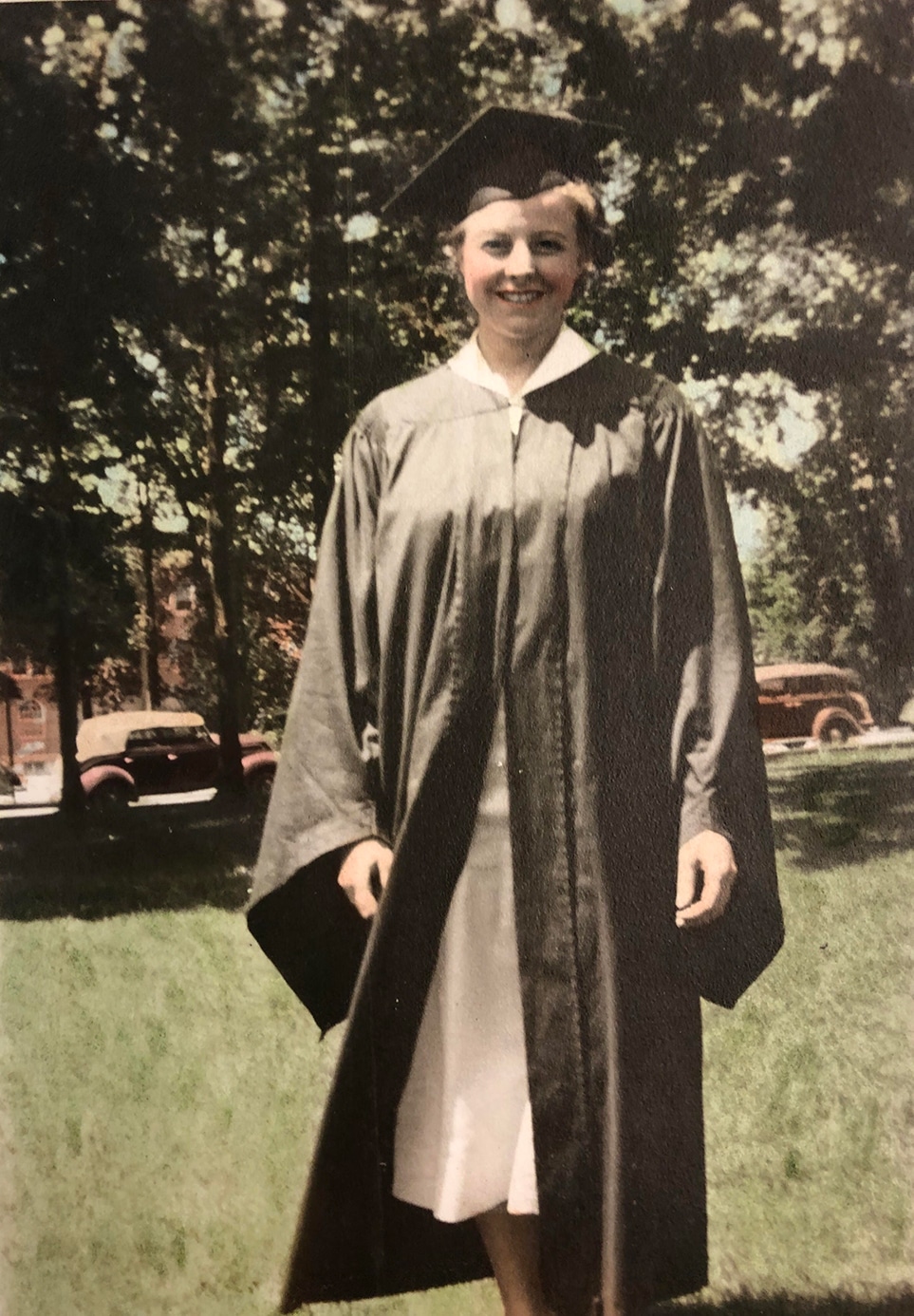



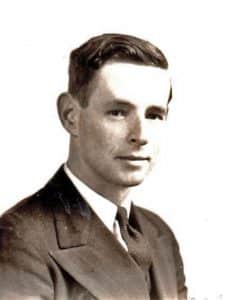
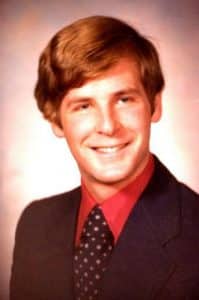
 Larry Wade graduated from Maine Maritime Academy after coming to Maine from his home state of Massachusetts. He and his wife Deanna joined Kiwanis Club Orono-Old Town after moving to the area in the early ’90s, and met Dr. Winston Pullen, professor emeritus and former dean of the College of Natural Sciences, Forestry, and Agriculture. This was the catalyst for a new chapter in Larry and Deanna’s life at the University of Maine. Dr. Pullen invited Larry to join the board of the Page Farm & Home Museum, and a long-term interest in the museum began.
Larry Wade graduated from Maine Maritime Academy after coming to Maine from his home state of Massachusetts. He and his wife Deanna joined Kiwanis Club Orono-Old Town after moving to the area in the early ’90s, and met Dr. Winston Pullen, professor emeritus and former dean of the College of Natural Sciences, Forestry, and Agriculture. This was the catalyst for a new chapter in Larry and Deanna’s life at the University of Maine. Dr. Pullen invited Larry to join the board of the Page Farm & Home Museum, and a long-term interest in the museum began.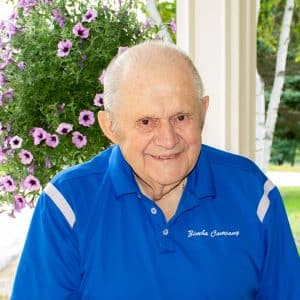 When Sylvio Normandeau matriculated at the University of Maine, he scraped together everything he and his father could gather to pay for his first semester. “I had enough money for the first semester between my father’s and my money. So some nice people — I don’t know who they were — somebody paid for my second semester,” said Sylvio. Although that semester was his last at the University of Maine, that gesture inspired Sylvio to give back to the students here. Years after he left the university, Sylvio and his late wife decided to pass on the goodwill he received as a student.
When Sylvio Normandeau matriculated at the University of Maine, he scraped together everything he and his father could gather to pay for his first semester. “I had enough money for the first semester between my father’s and my money. So some nice people — I don’t know who they were — somebody paid for my second semester,” said Sylvio. Although that semester was his last at the University of Maine, that gesture inspired Sylvio to give back to the students here. Years after he left the university, Sylvio and his late wife decided to pass on the goodwill he received as a student.